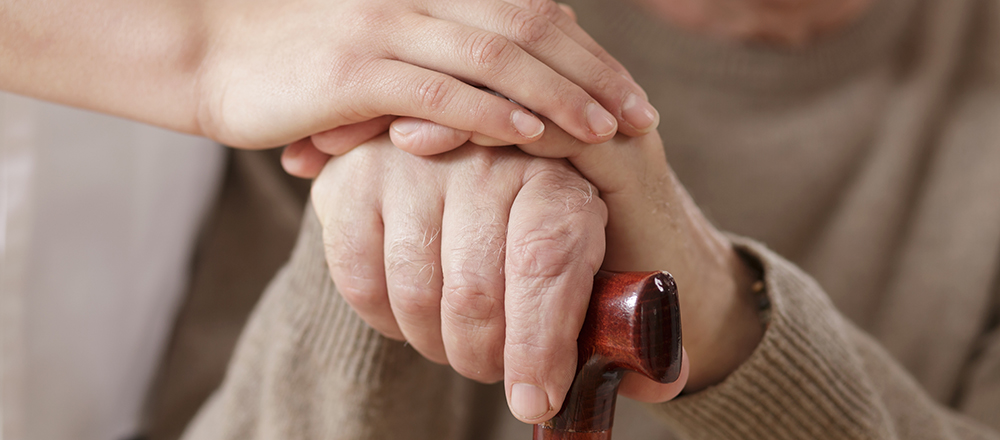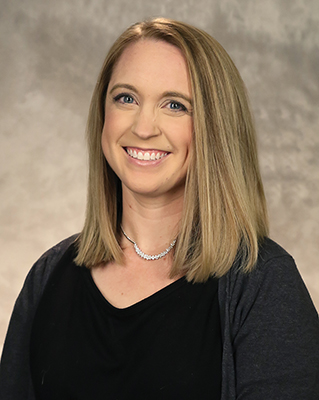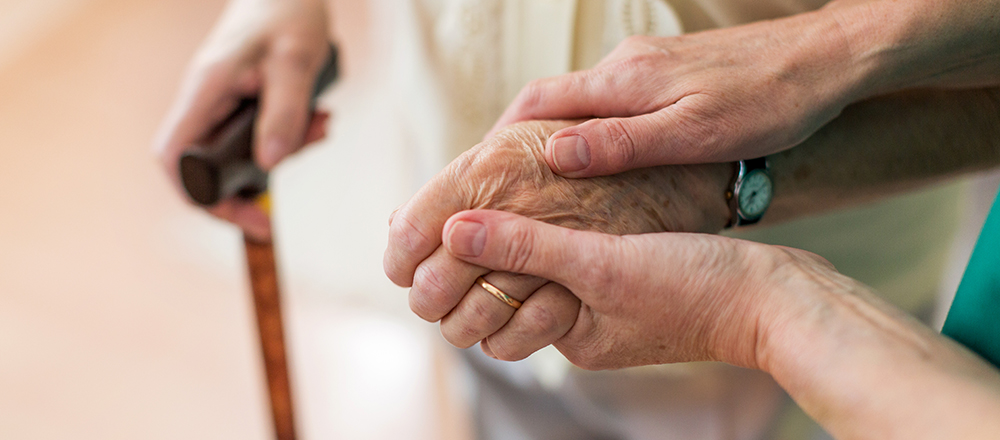
Caring for a loved one with dementia? Your first step is to understand the condition. Alzheimer’s Disease is the most common form of dementia and is a progressive condition, as symptoms increase in severity over time. The main risk factor for AD is age. Genetics, lifestyle, and environmental factors can also increase a person’s risk for developing the disease. AD is usually categorized into three stages. It is important to know that not everyone progresses through the stages at the same rate and someone may stay in the same stage for several years:
Mild or Early Stage
In mild or early stage Alzheimer’s, people can still function independently. They may begin to notice difficulty with memory, word finding, and more complex mental activities (managing medications and finances, driving, etc.). Symptoms may not be obvious at this stage, but close family may notice changes. This is a good time to see a doctor and establish a plan of care.
Moderate or Middle Stage
In moderate or middle stage Alzheimer’s, people will need more assistance to participate in daily activities. Due to damage to the nerve cells in the brain, family may notice changes in mood/behavior, difficulty with grooming/toileting, wandering, and increasing confusion. As the person requires more care, safety becomes a top priority. At this stage, family may need support with adult day care programs or skilled nursing.
Severe or Late Stage
In severe or late stage Alzheimer’s, people lose the ability to respond to their environment and require around-the-clock care. The person with AD will have difficulty recognizing family members and caregivers. They will eventually lose the ability to walk, speak, and even swallow. At this stage, families can still interact through listening to music or a gentle touch. Hospice may be helpful in proving support to families and comfort care to patients.
Caring for someone with dementia requires strength and courage. As the disease progresses, your duties as a caregiver will change. The Alzheimer’s Association at alz.org can refer you to resources and caregiver training. You can also find your local Area Agency on Aging at eldercare.acl.gov. Finally, North Kansas City Hospital offers quarterly education for persons living with dementia and their caregivers. Find out more at nkch.org/events.
Stephanie Ramirez, MA CC-SLP teamed up with Kaci McNally, RND, LD to talk about how food choices and nutrition are important aspects of dementia care. Watch now.
Explore More:
Managing Challenging Dementia Behaviors
10 Ways to Connect with a Loved One



